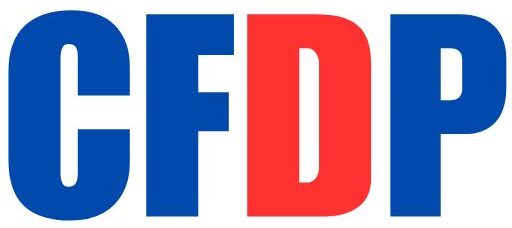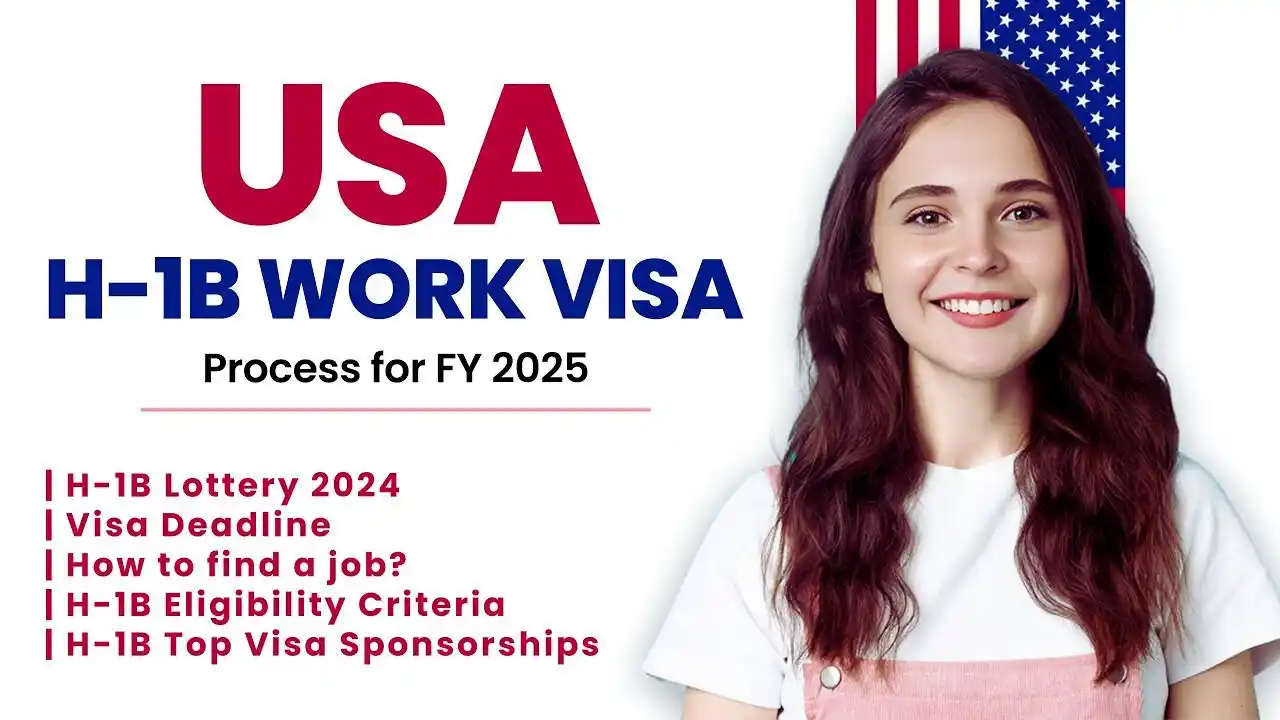The increasingly stringent enforcement of the H-1B visa programs has virtually cut off importation of foreign production labor to the U.S., but the few remaining such programs are still very popular among American temporary migrant workers. The nature of the H-1B visa program is that it does include a portable rights element in that if an H-1B workmen wishes to switch jobs, he can continue working in another job while the new employer files for a petition for him under the H-1B visa.
The experience basically involves perusing advertisements in the newspapers and seeing whether the foreigner would be eligible for applying under the federal program. It even includes discussions on how much a prospective employer can invite a short visit, say, an interview tour wherein the visiting party pays for living expenses but not direct compensation.
H-1B Visa Lottery – How It Works
The limit on H-1B visas is 65,000 for regular applicants, with an additional 20,000 reserved specifically for individuals with advanced degrees from U.S. institutions. When the number of applications exceeds this cap, which it does every year, the U.S. Citizenship and Immigration Services carries out random selection. While assuring a fair distribution, the lottery system does not take merit into consideration, thereby leaving highly skilled professionals to chance.
Impact of the Lottery System on High-Skilled Applicants and Employers
needless, expensive programs conduced by top applicants and their confused employers. Rejection letters from the best-name high-profile applicants in the technology and/or engineering or healthcare industries read “well-qualified professional.” Rejection letters leave employers frazzled because most of such positions are critical roles that directly affect innovation and productivity within the organization. Randomness has displaced what merit would hold in this situation concerning bringing the best and brightest talent to the United States.
Current System Problems
The H-1B visa lottery is challenged to afford any recognition to the qualifications and contributions of applicants and is not deemed to be a lottery on the assumption that it treats every application as one. This way, it allows less-qualified applicants to receive visas while more talented individuals are left out. In addition to this, the lottery randomness complicates workforce planning over longer periods for the companies which depend on specialized foreign talent.
Alternatives Proposed to the Lottery
Numerous experts and policymakers have come up with ways to provide much-needed alternatives to the existing lottery system. An example is merit-based selection, which prefers applicants who have higher-level degrees, have developed the incredible talents, and have experience in a field with high demand.
Another proposition is an employer-allocation-driven system, where businesses will be able to bid for visas, allowing for the filling of the most critical positions. Such initiatives could bring the program on par with the economic and innovation requirements of the country.
Fairness and Efficiency in a Balancing Act
Reforming the H-1B visa system is an important section of the process but should not skew fairness against efficiency in effect. The main concern regarding merit-based allocation is that it mainly benefits applicants in particular fields but spurns all others. So there must be a way out for committee members to keep diversity, keep business interests satisfied, and really secure the best talent across the globe.




